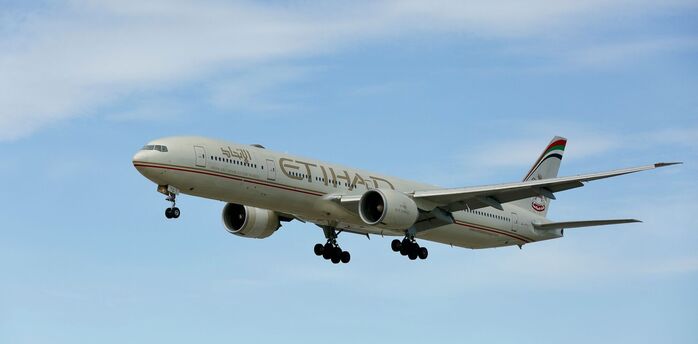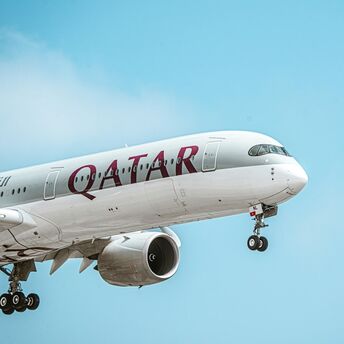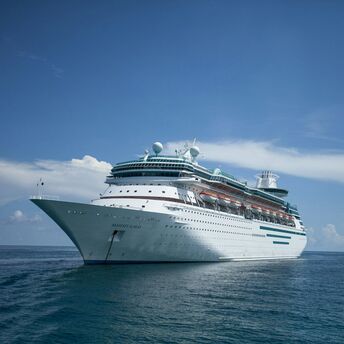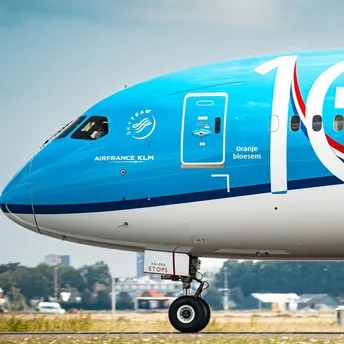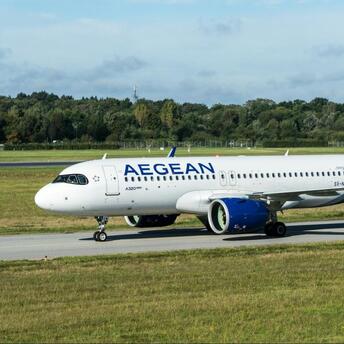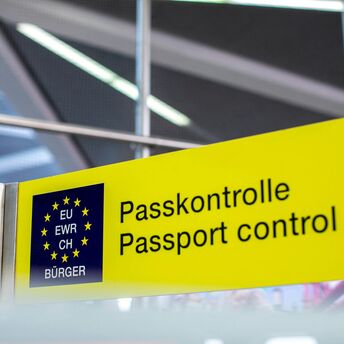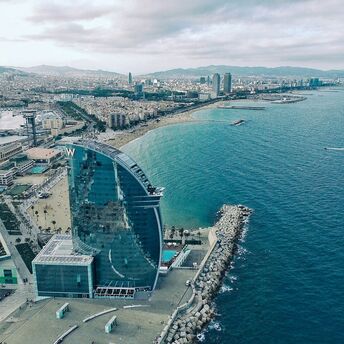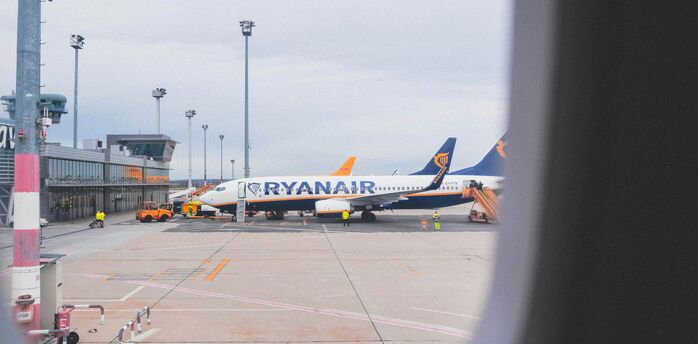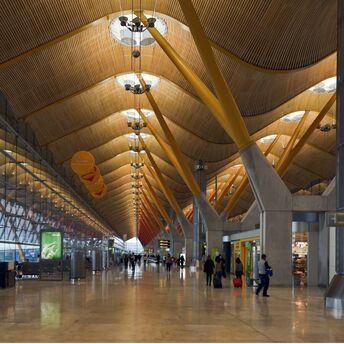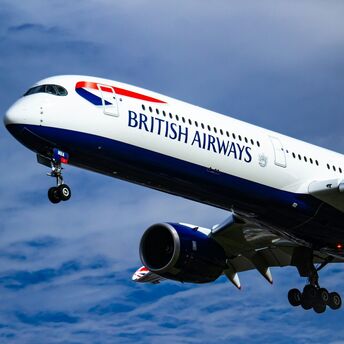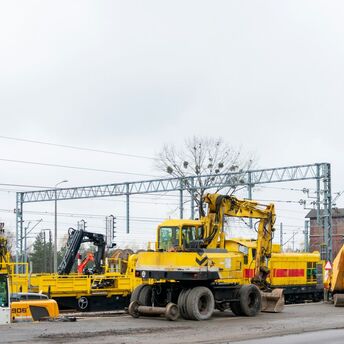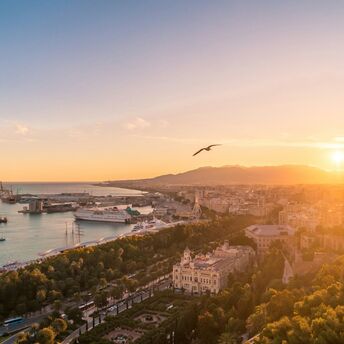Eurostar Commits to Powering Trains with 100% Renewable Energy by 2030
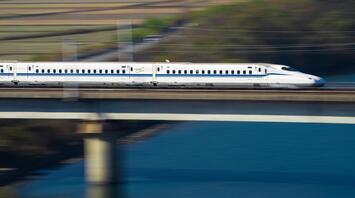
In a bold step towards sustainable development, Eurostar, the renowned high-speed rail network connecting major European cities, including France, Belgium, the Netherlands, Germany, and the UK, announces its ambitious plan to enable environmentally friendly travel and significantly reduce carbon emissions by 2030 for 30 million passengers.
Eurostar aims to minimize its environmental footprint by transitioning to renewable energy sources for its traction needs and implementing energy-saving measures. For instance, Eurostar has signed a Memorandum of Understanding with Infrabel to explore innovative solar projects to power its trains.
The company is committed to embracing circular practices throughout its value chain, aiming to minimize waste and optimize resource utilization. Notably, Eurostar's on-board catering emphasizes sustainable and environmentally friendly options, earning the company prestigious recognition from the Food Made Good Awards.
Eurostar seeks to attract more passengers to its low-carbon service by expanding its network connectivity through initiatives such as "open hubs," facilitating seamless connections between Eurostar services and local networks or long-haul flights, including through strategic partnerships with airlines like KLM.
By joining forces with over 400 companies committed to sourcing 100% renewable electricity, Eurostar is spearheading the transition towards sustainable rail transport. Trains in the Netherlands have been powered by 100% wind energy since 2017, and in the UK, this figure reached 40% by 2023. Ongoing collaborations, such as the agreement with Infrabel to explore solar projects in Belgium, further reinforce Eurostar's commitment to sustainable energy solutions.


